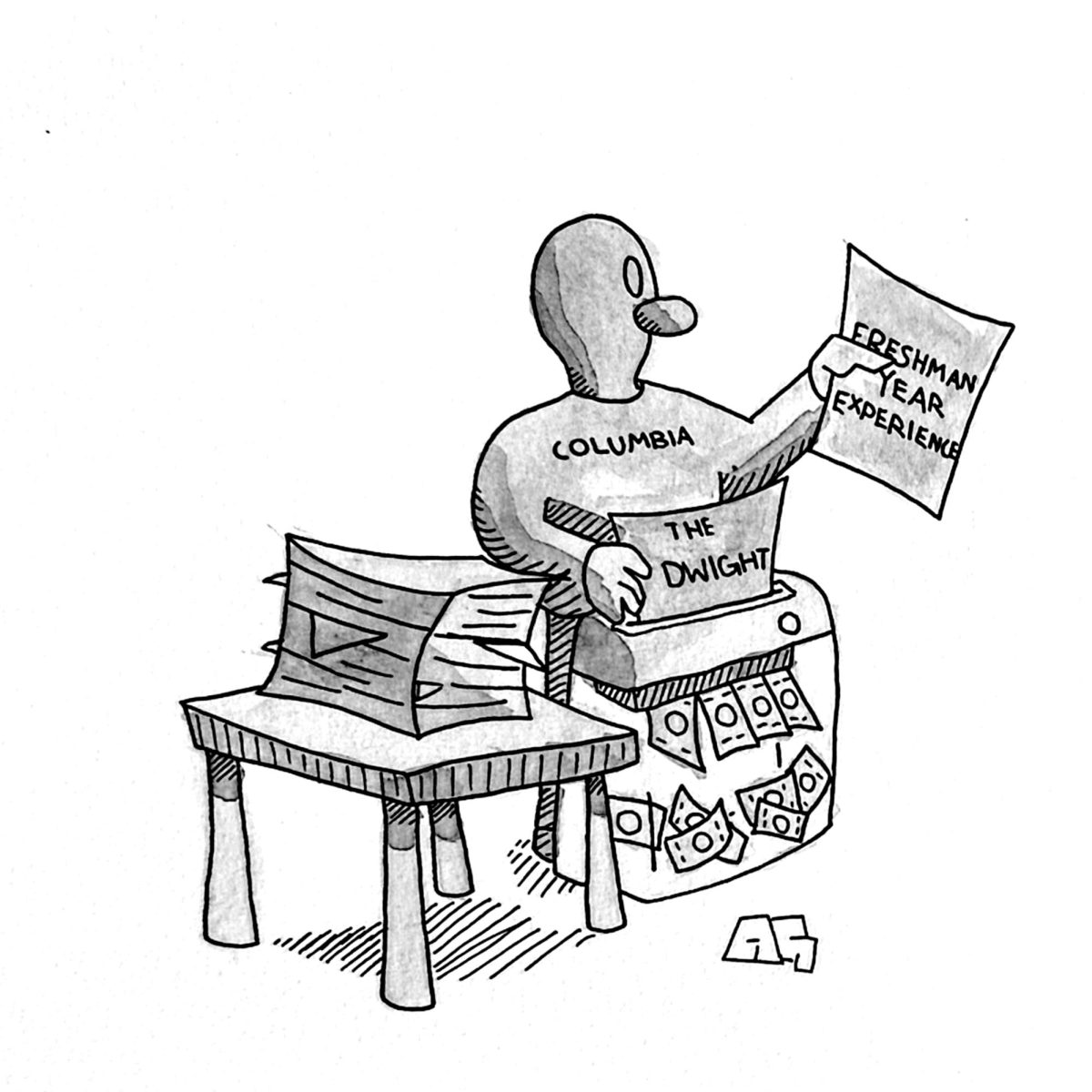Social Media Policy
Social media has become an increasingly integrated part of journalism and media. In an era when promoting stories has become as important as writing them, social media can be a powerful tool in increasing a publication’s readership and also in aiding journalists with gathering information and locating sources. Social media can also create some potential hazards that journalists must be cautious about. It is imperative to remember that Columbia Chronicle journalists are always Columbia Chronicle journalists. Poor judgment, indifference and unethical behavior on such media can adversely impact the publication’s standing on and off campus, its journalists’ ability to report and to remain objective.
The following guidelines apply to all Chronicle employees, regardless of the subject matter of their assignments.
Using Social Networking Tools for Reporting
Social media is a valuable tool that allows reporters to locate sources and information that may have otherwise been unavailable. When using social networks such as Facebook, LinkedIn, Instagram, Snapchat, TikTok or X for reporting, Columbia Chronicle journalists should identify themselves as such and must be transparent about their intentions.
Ensure that your sources know that you are gathering information for a piece or project and explain that your communications are on the record unless otherwise stated. If a source offers information but only on the grounds that it is off the record, it is important to respect that. The information should not appear in your piece or your source information. Failure to comply with such a request is a serious breach of journalistic ethics.
If you have the ability to communicate through social media in a private manner, do so. Direct messaging or private posts ensure that your ability to remain objective is not called into question.
In concurrence with The Chronicle’s sourcing policy, communications conducted through social media platforms are not considered live interviews. If there is information or a post you would like to quote in your story, ask Management for approval.
Though it is not mandatory, The Chronicle highly suggests reporters have at least a Twitter account and that staffers on the visual team have at least an Instagram account.
Using Social Networking Tools for Personal Reasons
Social media is not the forum for internal newsroom issues. Information pertaining to sourcing, decisions to publish or not to publish stories, or personal or professional matters involving our colleagues should not be discussed online. Such pages and sites also should not be used to criticize those who take issue with our journalists or their work.
All Columbia Chronicle journalists must recognize that any content associated with them on a social network is the equivalent of what appears beneath their bylines in the newspaper or on our website. Chronicle journalists must refrain from posting anything that could be perceived as reflecting political, racial, gender, religious or other biases or favoritism that could be used to tarnish our journalistic credibility. This also applies to sharing other posts, or liking other posts, too.
Chronicle journalists should monitor information posted on their own personal profiles for compliance with this policy.
Never misrepresent yourself using a false name when you’re acting on behalf of The Chronicle and never recruit friends or family to promote or defend your work. Let our coverage speak for itself and don’t detail how an article was reported, written or edited.
Consult your editor before connecting to or friending any reporting contacts who may need to be treated as confidential sources. Openly friending a source is akin to publicly publishing your Rolodex.
Don’t discuss articles that haven’t been published, meetings you’ve attended or plan to attend with sources, or interviews you’ve conducted.
Don’t disparage the work of colleagues or competitors or aggressively promote your coverage.
Don’t engage in any impolite dialogue with those who may challenge your work — no matter how rude or provocative they may seem. If a comment or social post threatens you, your colleagues or the publication, immediately alert the editor-in-chief, the faculty advisers and the general manager.
Business and pleasure should not be mixed on services like Twitter or Facebook. Common sense should prevail, but if you are in doubt about the appropriateness of a Tweet or status, discuss it with Management before sending.
The Role of Social Media in the Newsroom and Production
Reporters are encouraged to share their work and the work of their colleagues on social media as it is vital to the success of the newspaper. Social media helps promote our content and drives readers to our website, which helps expose readers to coverage that they may have missed.


